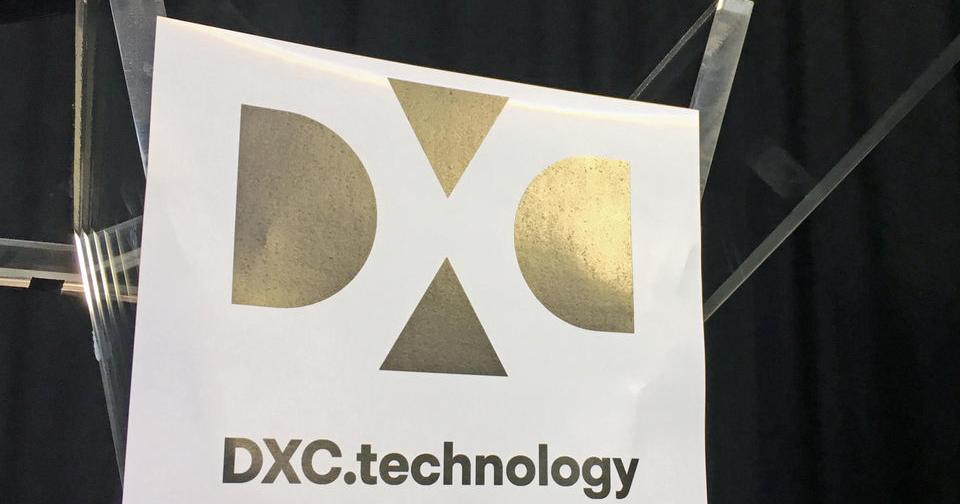Lured by Louisiana, tech companies are falling short of their goals, raising questions about strategy
More than five years ago, state and local elected officials announced with fanfare that software giant DXC Technology was opening a "digital transformation Tech companies in Louisiana are falling short of their goals, raising questions about the effectiveness of incentives they were promised to create high-tech jobs. The state recently ended its stimulus deal with software giant DXC Technology after the company failed to meet job and payroll benchmarks. Data from LED’s Mega Fund and Rapid Response programs shows that at least five other national tech companies have failed to reach hiring and salary benchmarks, forcing the state to attempt “recoveries” that have already been made and terminate the agreements altogether. Some local tech entrepreneurs say the failures are the result of misplaced priorities, while others argue that some incentives will pay off and others won't.

Được phát hành : 2 năm trước qua Quincy Lizotte trong
More than five years ago, state and local elected officials announced with fanfare that software giant DXC Technology was opening a “digital transformation center” in downtown New Orleans.
The company pledged 2,000 jobs in what Gov. John Bel Edwards labeled the state’s largest technology-focused economic development project ever.
Mayor Mitch Landrieu gushed that DXC was just the beginning. “As you’ve seen in other cities, it’s incredible what comes next when a flag is planted,” he said.
But last May, Louisiana Economic Development quietly ended its stimulus deal with DXC — a package of state and local tax breaks worth a whopping $18.6 million — after the company repeatedly failed to meet job and payroll benchmarks.
Virginia-based DXC isn’t the only technology company that has fallen short of its promises. A review of LED’s Mega Fund and Rapid Response programs — two economic development programs that provide financial incentives to companies in return for job creation — shows that at least five other national tech companies failed to meet hiring and salary benchmarks , forcing the state to attempt “recoveries” that have already been made and, in some cases, terminate the agreements altogether.
It’s hard to say how much it all cost taxpayers. State officials say the cost is negligible because if companies fail to meet their commitments, the state will push for reimbursement. But the rush of so many breathless announcements reminds us that major economic development news is best taken with a healthy dose of skepticism.
One of the prominent local examples is High Voltage Studios, which creates software for the popular video game Fortnite. In June 2022, HVS agreed to terminate its stimulus contract with the state after repeatedly failing to earn half of its required payroll, which should reach $7.7 million by 2023. In fact, it’s never been more than $1.6 million.
Gameloft, a French company that opened locally in 2014 and agreed to create up to 146 jobs, was another disappointment. It closed in 2018, after creating just 40 jobs.
And GE Capital closed its local offices in 2020 after missing payroll and recruiting targets for at least five of its 10 years of operation here. It remains in a legal dispute with the state over how much money it must pay back.
Incentive programs such as the Mega Fund, which is used to attract large companies promising to create at least 500 new direct jobs, and Rapid Response, which targets smaller and medium-sized companies, tend to target factories and industrial companies.
Over the past decade, some two dozen manufacturers have signed agreements with the state under the programs and, with a few exceptions, appear to be creating the jobs they promised, the data shows.
That’s not the case with the tech companies lured here by the programs, raising questions about the effectiveness of the incentives to create high-tech jobs.
Some local tech entrepreneurs say the failures are the result of misplaced priorities. If state and city leaders spent as much time creating skilled workers as they do creating stimulus packages for out-of-state companies, Louisiana’s tech sector would be healthier, they say.
“It’s always sexy to go after a big employer who claims to employ 2,000 people,” says Courtney Williams, founder of online learning platform Torsch. “But if we want companies to grow and stay here, we need to train employees and make changes to the education system now, from K-12 to higher education and postgraduate.”
Louisiana Secretary of State Don Pierson defended the track record, arguing that, unlike other industries, the technology sector’s dynamism means that some incentives will pay off and others won’t.
“The fact that some companies fall short while others exceed their initial job projections is a natural by-product of a dynamic and fast-growing industry,” said Pierson. “Some short-term volatility is inevitable, but the alternative – delaying the digital revolution entirely – would pose much greater risk to our state in the long run.”
Chủ đề: Louisiana
